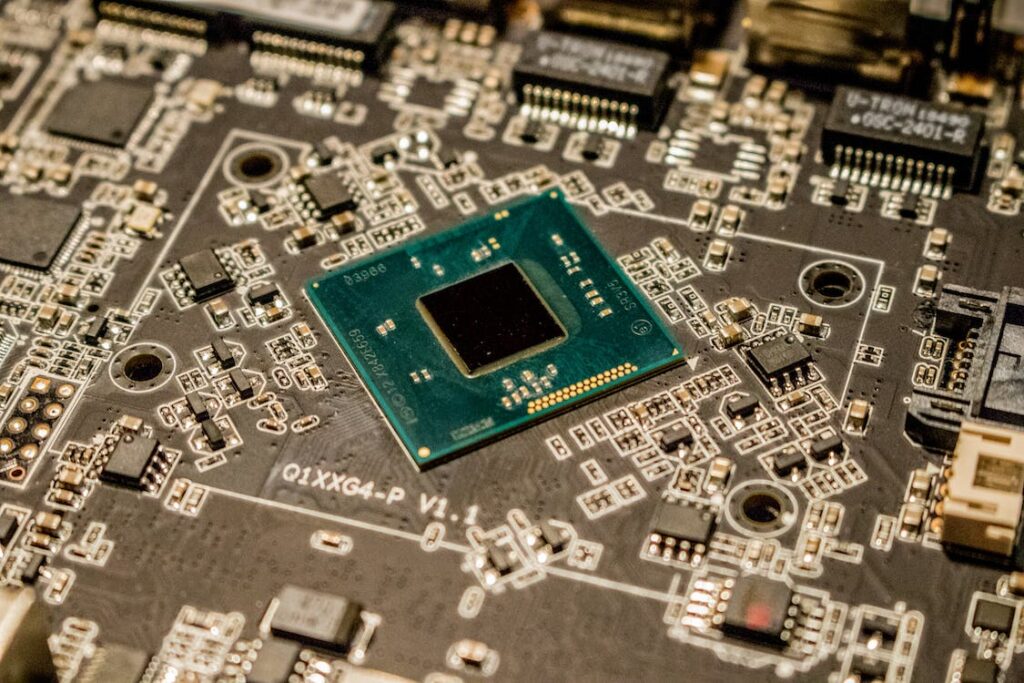Revolutionizing Computing: UC Riverside Develops SHMT Technology for Doubling Processing Speeds
Computer scientists Hung-Wei Tseng and Kuan-Chieh Hsu from the University of California, Riverside invented “Simultaneous and Heterogeneous Multithreading” (SHMT) technology, which has the potential to transform computing. This new technique will speed up computer processing by maximizing hardware utilization. SHMT seamlessly combines GPUs and AI accelerators to overcome traditional systems’ limitations and bottlenecks. This novel method enhances device processing and establishes new benchmarks for computing resource efficiency and sustainability.
Revolutionary Computing Paradigm
The new computing model includes “Simultaneous and Heterogeneous Multithreading” (SHMT). Hung-Wei Tseng and Kuan-Chieh Hsu from UC Riverside created this paradigm, which employs GPUs, AI hardware accelerators, and digital signal processing units to increase processing power. By merging these components, SHMT addresses the issues associated with traditional computer designs, which operate separately and slow down information processing. This strategy maximizes hardware potential while confronting computer power limitations.
Achievements and Efficiency Gains
The implementation of SHMT has yielded remarkable results, demonstrating a 1.96 times speedup in processing and a significant 51% reduction in energy consumption. These achievements underscore the framework’s capability to enhance the efficiency of computing systems without the need for additional hardware. By optimally utilizing the existing components within devices, SHMT offers a cost-effective solution to boosting computational power. The substantial increase in processing speed and the notable decrease in energy usage highlight the practical impact of SHMT on current computing technologies, setting a new benchmark for performance and efficiency in the field.
Environmental and Economic Implications
The implications of SHMT extend far beyond technological innovation, offering significant environmental and economic benefits. By reducing energy consumption and eliminating the need for additional hardware, SHMT presents a sustainable approach to computing, aligning with global efforts to combat environmental challenges. The reduced energy requirement of SHMT-equipped devices means lower carbon emissions from data processing centers, contributing to climate change mitigation. Additionally, the technology’s potential to minimize freshwater usage for cooling purposes in these centers addresses critical resource management issues. Economically, SHMT can lower hardware costs and operational expenses, making advanced computing more accessible, especially for smaller companies and startups, and fostering a more competitive tech industry.
Future Prospects and Continued Research
Although revolutionary, the SHMT framework is still in development. SHMT gained popularity in academia and business after being selected one of the IEEE’s ‘Top Picks from Computer Architecture Conferences’. However, further study is needed to fully realize its potential. Current study areas include system implementation, hardware support, code optimization, and determining which applications will gain the most from this technology. SHMT demonstrates the need of creativity in overcoming system limitations and developing more effective and sustainable computing solutions as the digital world rapidly evolves.
The advent of “Simultaneous and Heterogeneous Multithreading” (SHMT) at UC Riverside transformed computing. Its capacity to triple processing speeds without additional hardware investment improves IT efficiency and sustainability. SHMT has environmental, economic, and technological ramifications, pointing to a future of more accessible and ecologically benign advanced computing. As technology evolves and awareness grows, it symbolizes innovation, pushing the boundaries of existing systems and ushering in a new era of efficient, cost-effective, and environmentally responsible computing solutions. This significant innovation at UC Riverside redefines computing capabilities and inspires more study.


